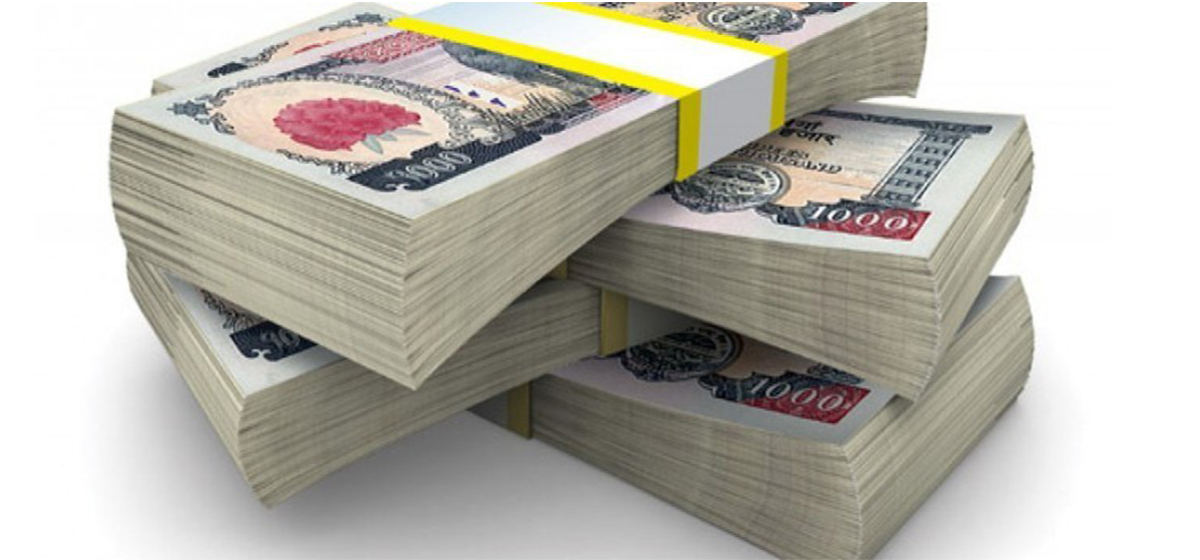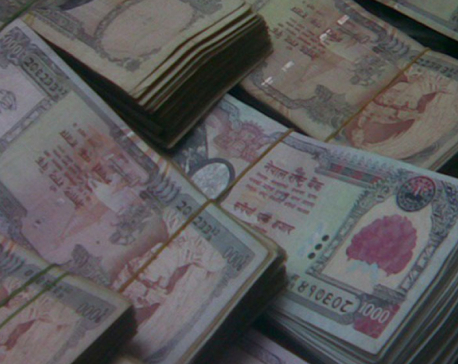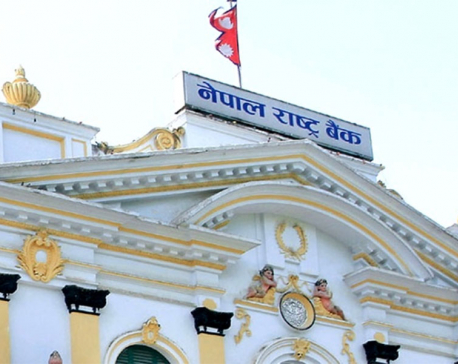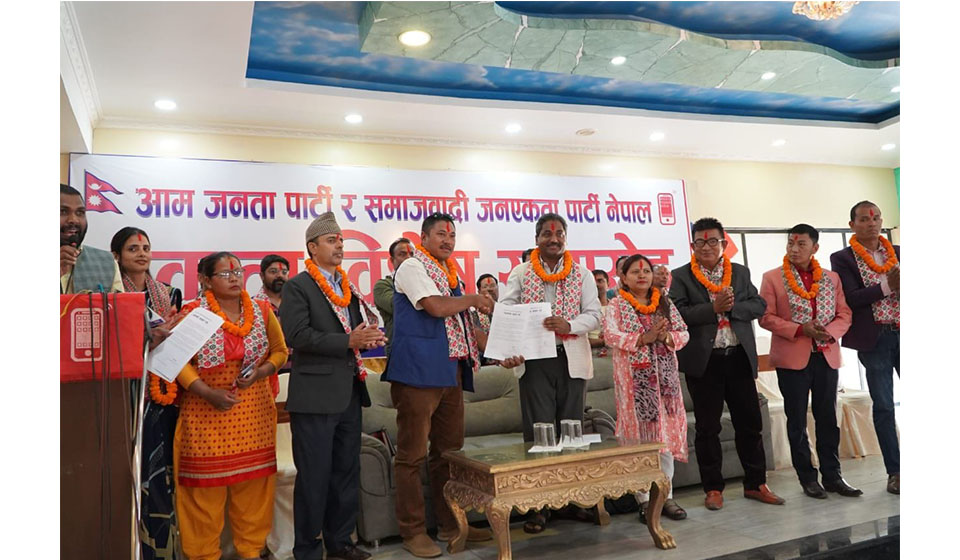
OR
Govt under fire for its inability to cut unnecessary expenses amid sluggish revenue collection
Published On: March 4, 2024 10:00 AM NPT By: Republica | @RepublicaNepal

‘Govt must reduce unproductive expenditure to maintain balance in public finance and reduce pressure of soaring debt’
KATHMANDU, March 4: Analysts and economists have criticized the government for its failure to remain within the framework of its announced austerity measures such that it has adversely affected the economic growth rate while raising the public debt significantly.
Speaking at the parliamentary Finance Committee on Sunday, a number of economists expressed the view. While criticizing the government's announced Principles and Priorities of the annual budget for the next fiscal year, they urged the government to focus on reducing the government expenditure through endorsing actual economic analysis to formulate the budget for the FY 2024/25.
Dipendra Bahadur Chhetri, former governor of Nepal Rastra Bank (NRB), said the government needs to endorse only those projects which ensure reducing financial burden to the country to help reduce the public borrowings. “The government should move towards adopting austerity measures effectively,” he said.
Urging the government to develop models of economic policies based on common political consensus, Chhetri expressed his concerns over providing social securities based on the categorization of income earners and improving bureaucratic procedures to receive reimbursement from foreign donors on time. “The government needs to devise economic models to best utilize natural resources and promote revenue collection,” he added.
Biswo Poudel, former vice-chairman of the National Planning Commission, said the ongoing economic problem is the outcome of the rampant expenditure made by the government in unproductive sectors. “Spending billions of rupees in the unproductive sector has led to an increased burden of public debt than to achieve noteworthy economic growth.”
In the past one decade, Nepal’s public debt has escalated more than four-fold to Rs 2.4 trillion. “In this regard, the government now has to expand projects while reducing the portion of public borrowing,” said Poudel.
Professor Shiva Raj Adhikari, head of the Central Department of Economics, TU, said the government has totally disregarded boosting the confidence of the private sectors. “The improvement of the economy is possible only if the government properly analyzes the current economic situation of the country.”
According to the NRB, the country now has foreign currency reserves sufficient to finance imports for 14 months. Both the current account and balance of payments are in surplus. Despite an improvement in the external sector’s indicators, the economy has been facing a number of challenges related to domestic sectors.
Although banks are having adequate liquidity while the interest rate has also gone down notably, the banks are unable to expand their businesses due to massive fall in demand for loans. In addition, banks are being affected due to an increasing proportion of non-performing loans.
NRB Governor Maha Prasad Adhikari said despite facing a number of challenges, the overall financial and banking sectors of the country are safe. “However, a group of people with vested interests are after taking down the country’s banking sector just to escape settling their outstanding dues to banks.”
You May Like This

Take austerity measures to tackle dwindling revenue collection
Nepal finds itself under the critical scrutiny of analysts and economists, who decry its inability to curtail unnecessary expenses in... Read More...

NRB to provide daily liquidity facility to BFIs amid ongoing liquidity crisis
KATHMANDU, OCT 29: As a part of its effort to ease the ongoing liquidity crisis with the bank and financial... Read More...

NRB cuts policy rates, defers all loan repayments until mid July
KATHMANDU, March 30: Nepal Rastra Bank (NRB) has introduced a number of relief measures aimed at providing relaxation on repayment... Read More...




Just In
- Sunkoshi-Marin Diversion Project’s tunnel construction nears completion, breakthrough scheduled for May 8
- Govt tightens security arrangement for Third Investment Summit 2024
- Pesticide residue found in vegetables in Nepalgunj
- Aam Janata Party and Samajwadi Jana Ekata Party merge
- 1,600 participants confirmed for Nepal Investment Summit
- Ilam-2 by-elections held peacefully, vote count likely to start tonight
- NEA schedules five-day power cut across Kathmandu Valley for underground cable installation
- Hundreds of passengers including foreign tourists in distress as poor visibility halts flights to and from PRIA







-1200x560-wm_20240427144118.jpg)





Leave A Comment